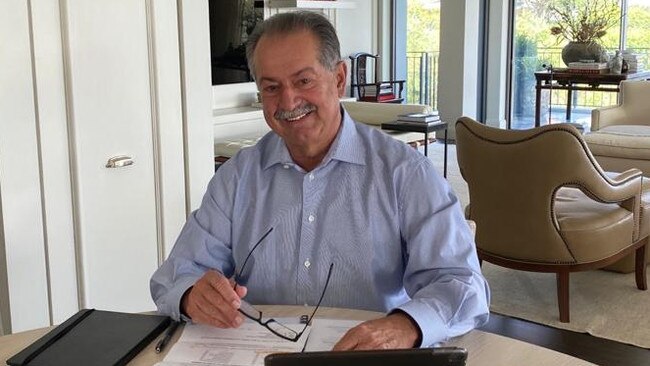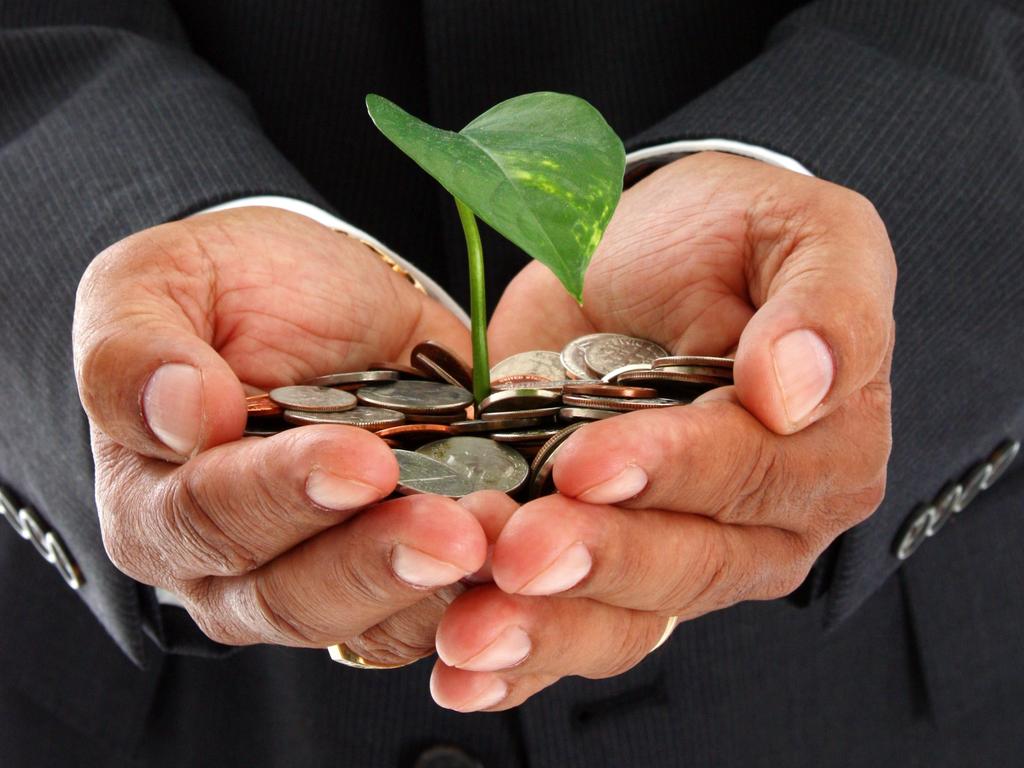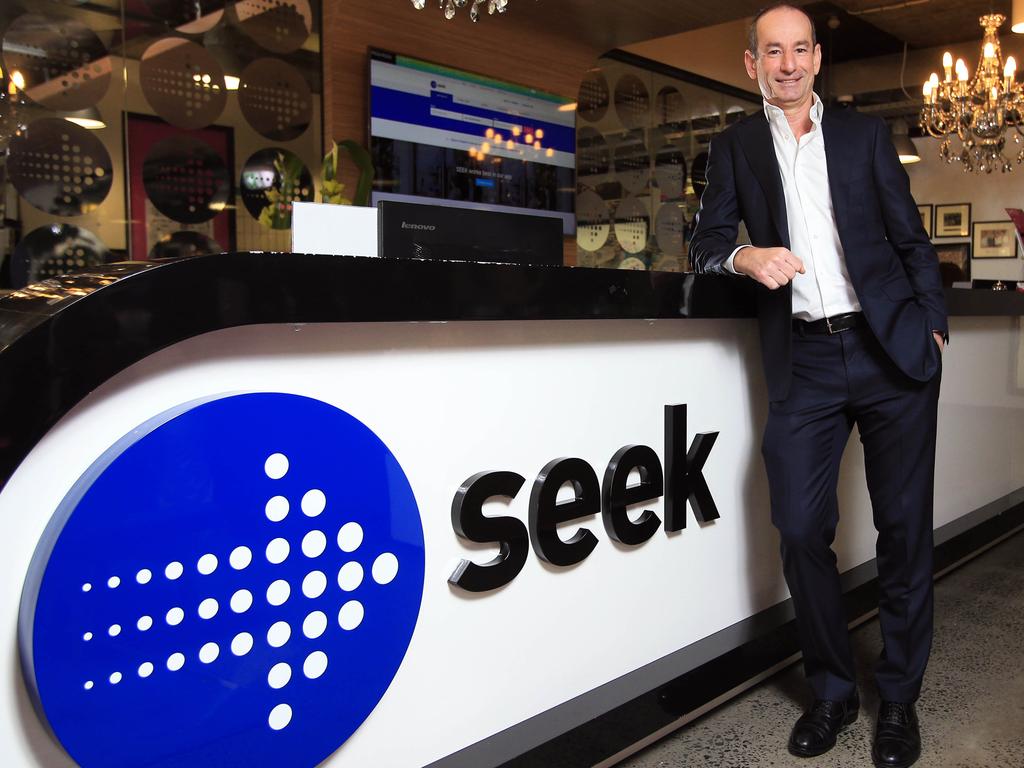Andrew Liveris tells energy investors to stop whinging about the threat of intervention
Andrew Liveris maintains $4 a gigajoule for gas on the east coast remains a viable target despite producers rejecting the price as unrealistic.

Andrew Liveris, an adviser to the Morrison government, has told energy investors to stop whinging about the threat of intervention and maintains $4 a gigajoule for gas on the east coast remains a viable target despite producers rejecting the price as unrealistic.
Energy Minister Angus Taylor said on Tuesday the private sector had until April to commit to build 1000MW of new power capacity to ensure there was a like-for-like replacement for AGL Energy’s Liddell coal plant which will close down in the 2022-23 summer.
Prime Minister Scott Morrison threatened the government was prepared to step in and make that investment itself if the market failed to come to the table, prompting tensions to erupt with the country’s biggest energy players.
The former Dow Chemical chief and director of engineering group Worley described this ultimatum as “a challenge to the private sector: stop whinging and show us what you can do”.
He said the framework announced included incentives - such as promised deregulation and enforcing “use it or lose it” rules around gas reserves - which should create the environment to stimulate private investment in new energy capacity.
The National Covid Co-ordination Commission’s manufacturing taskforce, chaired by Mr Liveris, recommended earlier this year the federal government take immediate action to create an Australian energy market that can replicate the US with gas available at just $4GJ, more than half current levels.
Mr Liveris said his conversations with gas-hungry manufacturers - including producers of cement, fertiliser and explosives - showed reliable gas supplied at $6GJ would make the difference between companies choosing to invest in new plants locally rather than offshore. At $4GJ, these manufacturers “would actually expand for export”.
The energy industry, however, has said the $4GJ gas price objective is unrealistic, and that it costs more than that to simply extract the resource.
But Mr Liveris said these claims were based on incomplete data, and that his manufacturing taskforce’s work across the industry - which he said included information that was considered commercial in confidence and therefore not publicly shared - suggested that the $4/GJ target was indeed achievable, given the right settings.
The former adviser to Donald Trump said if a manufacturer was prepared to commit to investing in a new plant based on the ability to access a lower long-term gas price, then suppliers should be similarly prepared to step up and supply the gas at that price.
“If they don’t, then shame on them,” he said following a speech to the National Press Club in Canberra on Wednesday.
Mr Liveris also defended the government’s plan to reset the gas sector and refuted claims that Canberra was in effect subsidising the industry.
“In none of the recommendations made nor in the announcements yesterday did I see the word subsidy. It’s actually a redirection of funds that are being poorly deployed. It’s actually about let the private sector negotiate the contracts. Because the private sector has not done a good job,” Mr Liveris said.
“International oil companies can sit on [oil and gas] basins in this country and decide when to sell them overseas at prices that the domestic market can’t access. We have a failed domestic market, it doesn’t need subsidy. In fact if you give the private sector a trajectory - like a hub and give access to demand that you can put in place - and you say demand can underpin a power station or two which is a lot better for emissions. Then why wouldn’t you do that? No new subsidy required, no new taxes, no new anything.”
The Australian businessman said COVID-19 had underlined the importance of a robust manufacturing base for the nation.
“The products that you have in your life that you’re importing at higher cost is a tax that the Australian taxpayer is paying already. We sell gas to Tokyo or to Beijing or to any other part of Asia and we import products back that you’re paying a premium for because we’re not making them locally.”




To join the conversation, please log in. Don't have an account? Register
Join the conversation, you are commenting as Logout